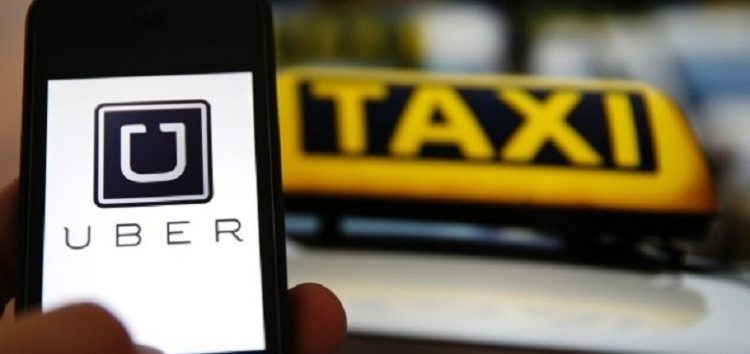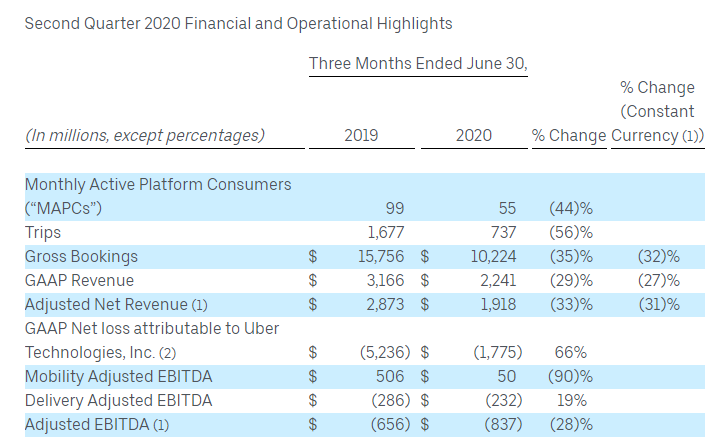Ride-sharing startups, Uber and Lyft, have been asked by a court in California to start treating drivers as employees instead of as independent contractors. The motion for this ruling was filed on May 20 by the Attorney General of California, joined by the City Attorney of San Diego, San Francisco and Los Angeles.
According to the motion, Uber and Lyft have misclassified their drivers as independent contractors and denied them the benefits that belong to employees. The two ride-hailing companies have maintained that the drivers prefer the flexibility of choosing when to work, and for how long.
According to an Uber spokesperson, “The vast majority of drivers want to work independently, and we’ve already made significant changes to our app to ensure that remains the case under California law,”
“When over 3 million Californians are without a job, our elected leaders should be focused on creating work, not trying to shut down an entire industry during an economic depression.”
Through its spokesperson, Lyft also agreed, saying, “Drivers do not want to be employees, full stop, we’ll immediately appeal this ruling and continue to fight for their independence. Ultimately, we believe this issue will be decided by California voters and that they will side with drivers.”
California is not the only place where driver’s unions are clamouring for better working conditions from Uber.


Nigeria is one of the 83 countries where Uber currently operates. There have been a number of protests against Uber’s model by drivers and taxi unions in the country. One of the protests which happened in Abuja earlier in February was on the 25% commission and low fare of rides that Uber imposes on its drivers.
Another of the protest followed the impounding of vehicles by operatives of the Lagos State Vehicle Inspection Services (VIS). The officials impounded the vehicles because Uber drivers did not have the hackney permit.
They also did not have the Lagos State Drivers’ Institute (LASDRI) certification and Uber had not paid operator license fee to the State government since 2016 when it launched operations.
The drivers have continued to be on the receiving end of the State government’s clampdown on Uber and other ride-hailing operators while working under poor conditions and putting up with poor pricing mechanism.
If a similar ruling declaring drivers as employees comes in force in Nigeria, it means drivers would be entitled to benefits such as vehicle insurance, health insurance and others that they currently do not have.
Uber may be paying about $806.4 million in salaries alone in 1 state
In California, at the very least, Uber would have to pay the minimum wage, overtime compensation, paid rest periods, and reimbursements for the cost of driving for the company, including personal vehicle mileage.
With a minimum wage of $12 per hour and a work time of 12 hours, Uber would have to pay $144 dollars daily. Currently, the startup has over 200,000 drivers in the state. Assuming they work for as many as 28 days in a month, under the rule, Uber would be paying $806,400,000 in salary a month.
This would also mean that the drivers have to work for a stipulated time, complete a certain number of rides as well and meet other conditions that will be put in place.
From its Q2 earnings report, Uber recorded $50 million in EBITDA adjusted profits. This is lower by $456 million when compared to its earning figures for Q2 2019. In the report, the company posted a net loss of $1.2 billion which is a significant reduction compared to the $5.2 billion posted for Q2 2019.


Switching to the suggested model of paying employees salary and benefits would bring an added cost that would further slow down the company’s pace towards profitability.
Uber has not reported a net profit since it launched and has been looking for ways to cut costs, hence one reason why it is in its best interest to fight the California court ruling.
Would Nigerian Uber drivers be better off as employees?
In Abuja, it is not uncommon for drivers to make about N100,000 from Uber rides weekly. This is before deducting the price of fuel, which is usually around N25,000 to N35,000 for the week, according to Gbenro Ogundipe, an Uber driver/partner who works in Abuja.
The N100,000 estimated from making N800 on each trip and doing about 100 or 120 trips in a week. That is Abuja, however, and rates for Lagos differ because of increased traffic. A trip in Lagos generally pays the driver around N981 and 2 trips can be completed in 1 hour, depending on the traffic situation.
Driving 30 hours per week, Uber drivers in Lagos make about N58,860 while the minimum wage in Nigeria is N30,000.
If drivers move from being independent contractors to employees of Uber in Nigeria, it is unlikely that the company will pay drivers up to N100,000 in salary. However, other employee benefits including health insurance, vehicle insurance as well as the company’s involvement in cases where government officials act against the drivers will be a plus for the drivers.
Still, the flexibility to choose working hours and the regimented 75% earning percentage have made e-hailing a preferred alternative source of income, not necessarily a main gig. Many Uber drivers would prefer the current model, though they would rather have a more favourable price determinant






